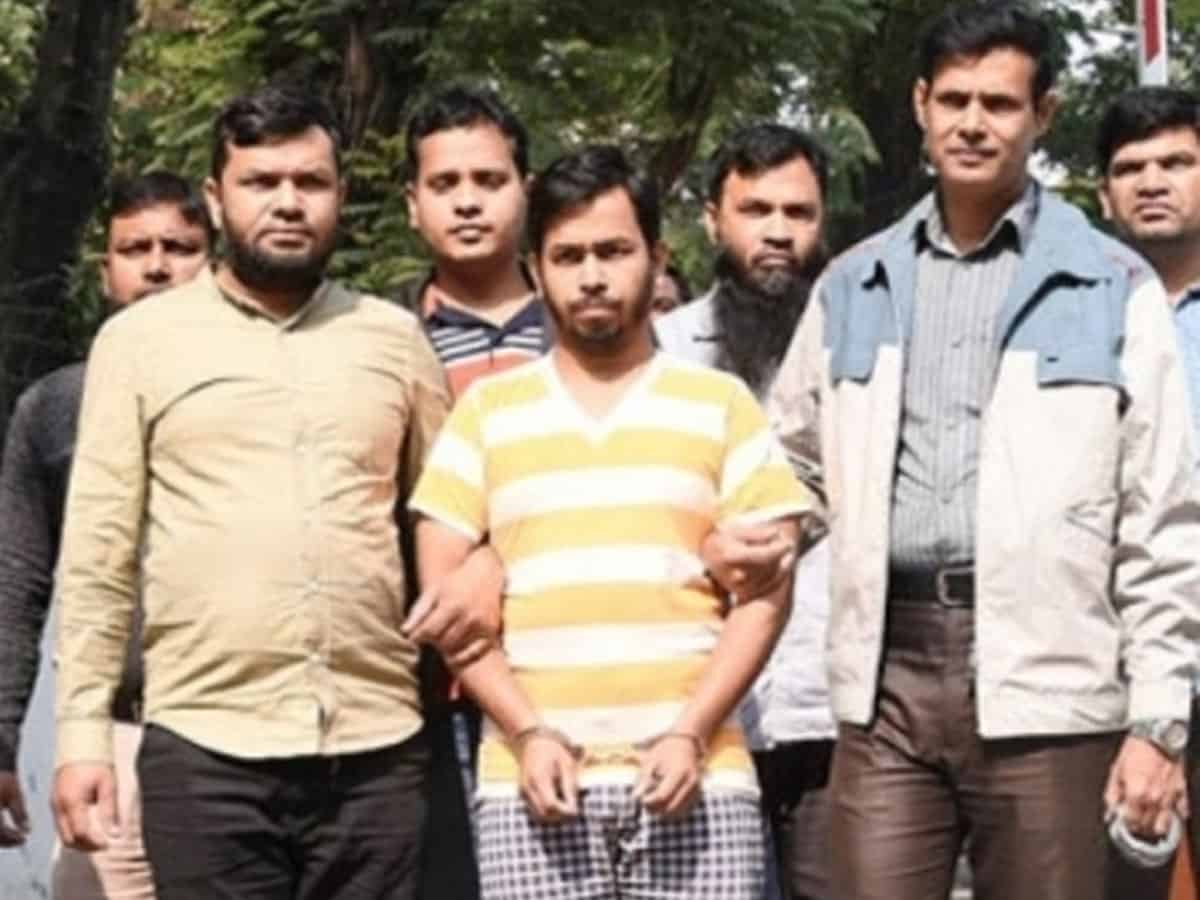Dhaka: Five years after the brutal killings of two gay rights campaigners in Bangladesh, six convicted persons, all members of banned militant outfit Ansar al-Islam, were sentenced to death by a local court on Tuesday.
On April 25, 2016, Xulhaz Mannan, the editor of the country’s first magazine for the LGBTQ+ community, ‘Roopbaan’, and his associate and group theatre artiste Mahbub Rabby Tonoy were hacked to death inside their apartment in the Kalabagan area in Dhaka.
Mojibur Rahman, the judge of the Anti-Terrorism Special Tribunal, passed the order in the presence of four convicted persons on Tuesday afternoon.
The court said the attack on Mannan and Tanoy was part of a preplanned series of attacks by militants on secular activists and religious minorities.
The investigation found that Islamist militants were responsible for the killings of Mannan and Tonoy.
The convicted persons include Syed Ziaul Haq, a sacked army major believed to be the mastermind, Akram Hossain, Mozammel Husain alias Saimon, Md Arafat Rahman, Md Sheikh Abdullah and Asadullah alias Fakrul alias Faisal.
The court acquitted Sabbirul Haque Chowdhury and Junaid Ahmed alias ‘Maulana Junaid’, saying the charges against them could not be proven.
Two of the convicts — Zia and Akram — are still on the run and were tried in absentia.
On August 23, the judge had fixed the date for the delivery of the verdict after the completion of arguments by the prosecution and the defence.
The tribunal had recorded the statements of 24 prosecution witnesses.
On July 28, 2019, the Counter Terrorism and Transnational Crime unit of Dhaka Metropolitan Police had submitted a charge-sheet against the eight militants.
Mannan, 35, had joined the US Embassy in 2007 before taking up what would turn out to be his last assignment at the USAID. He also edited ‘Roopbaan’, Bangladesh’s first magazine for the LGBTQ+ community.
Tonoy, 26, was involved with the Lok Natyadal theatre group. He taught drama to children at an organisation called the People’s Theatre.
The case was filed by Mannan’s brother Minhaz Mannan against unidentified people.

